"Instant gratification in gaming has become a problem" – Kingdom Come: Deliverance 2 dev says the RPG is meant to feel like a spiritual successor to Oblivion and Morrowind
On the Radar | Warhorse senior game designer Ondřej Bittner explains why going back to "the roots of RPGs" is a good thing
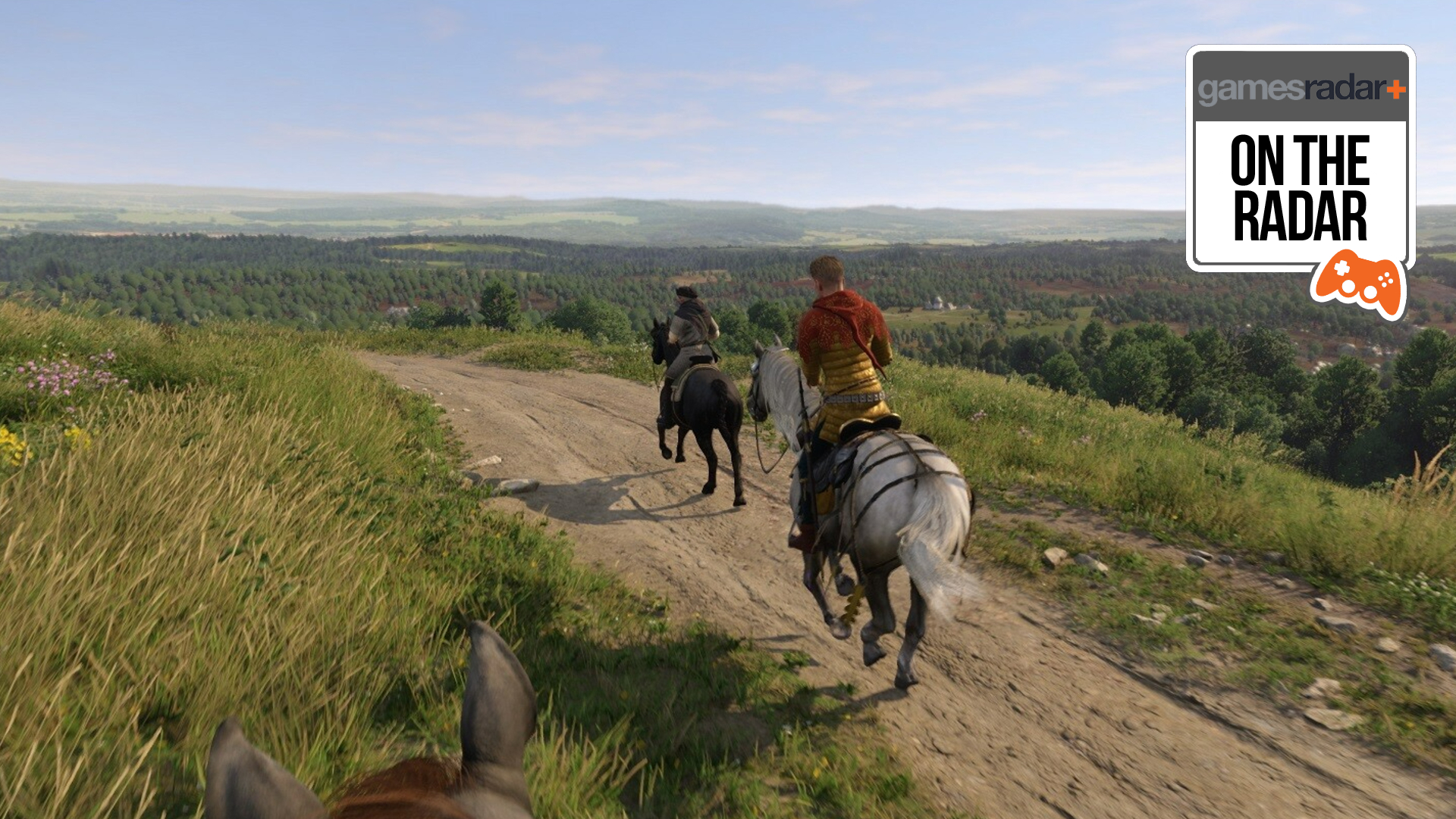
The first hours of a life-changing RPG are intoxicating. You probably know the feeling – just as a game's mechanics start to click and you start to get your bearings, you're struck by the sheer enormity of it all. The world is an open book, yet to be explored, and completely yours. To me, nothing exemplifies this more than stepping out of the Imperial City Sewers to explore Cyrodiil for the first time in The Elder Scrolls 4: Oblivion. Time has never been able to dilute that sense of staggering possibility – so imagine my surprise when, almost 20 years later, I felt the same way in Warhorse Studios' medieval RPG Kingdom Come: Deliverance 2.
In many ways, I think Kingdom Come: Deliverance 2 is as close a spiritual successor to Oblivion as we'll ever get. Some of its resemblances are skin-deep, like the way that 15th-century Bohemia's lush forests and rolling hills seem to sprawl in every direction like Cyrodiil's own. Elsewhere, it's a little more mechanical. NPCs live their own lives that you can't just twist around your own, which makes it all the funnier when a passing noble decides to jump off his horse to help you kill a roadside bandit with his bare hands. Importantly, though, the two games share that feeling of complete liberation in their beginnings: the implication that everything is possible, if you can just pick a direction and walk.
Of course, there was always the possibility that I was just being a huge Oblivion sicko – so when I caught up with Warhorse to discuss all things Kingdom Come: Deliverance 2, I had to ask whether there was any tangible connection there.
Working backwards
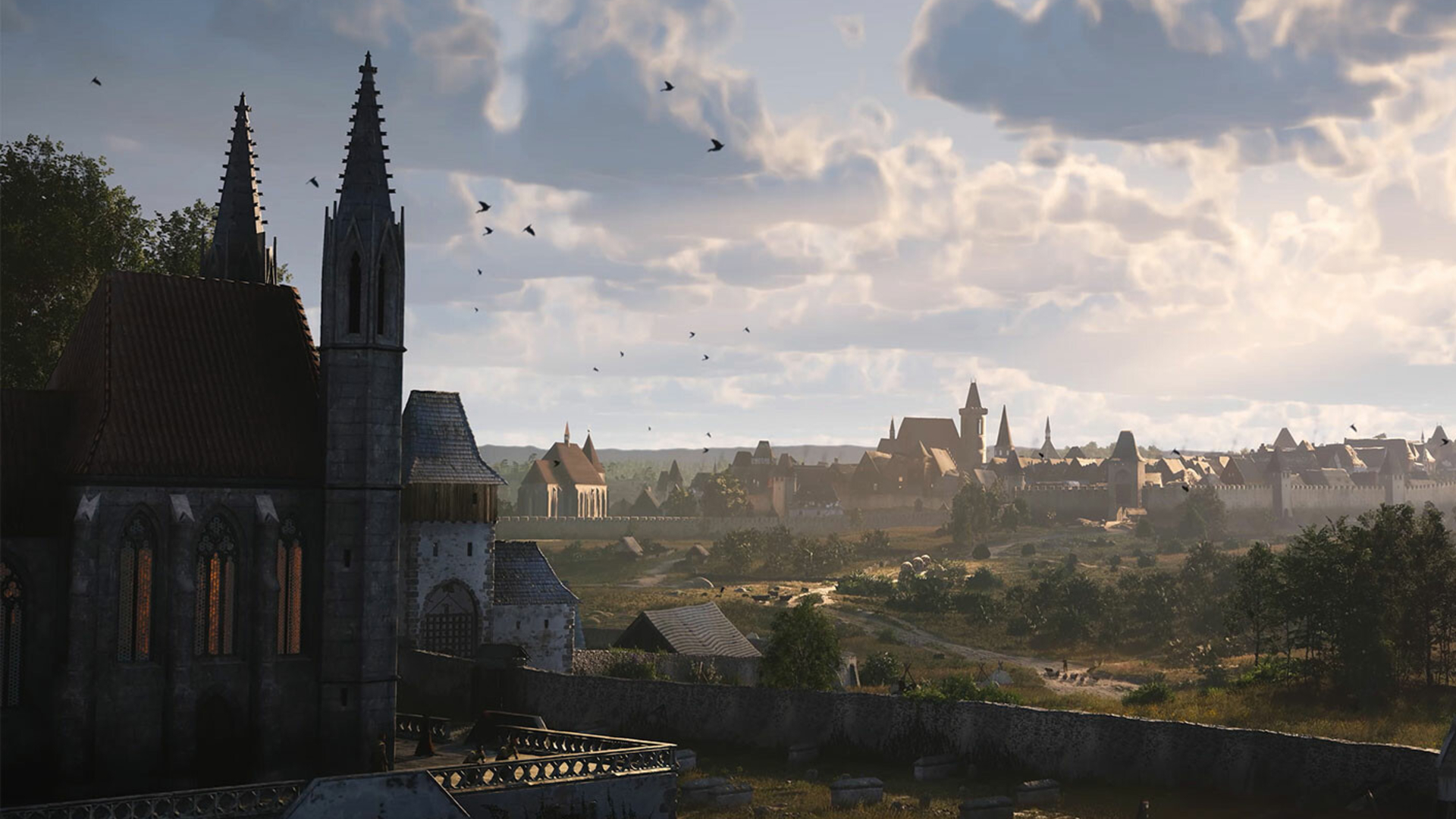
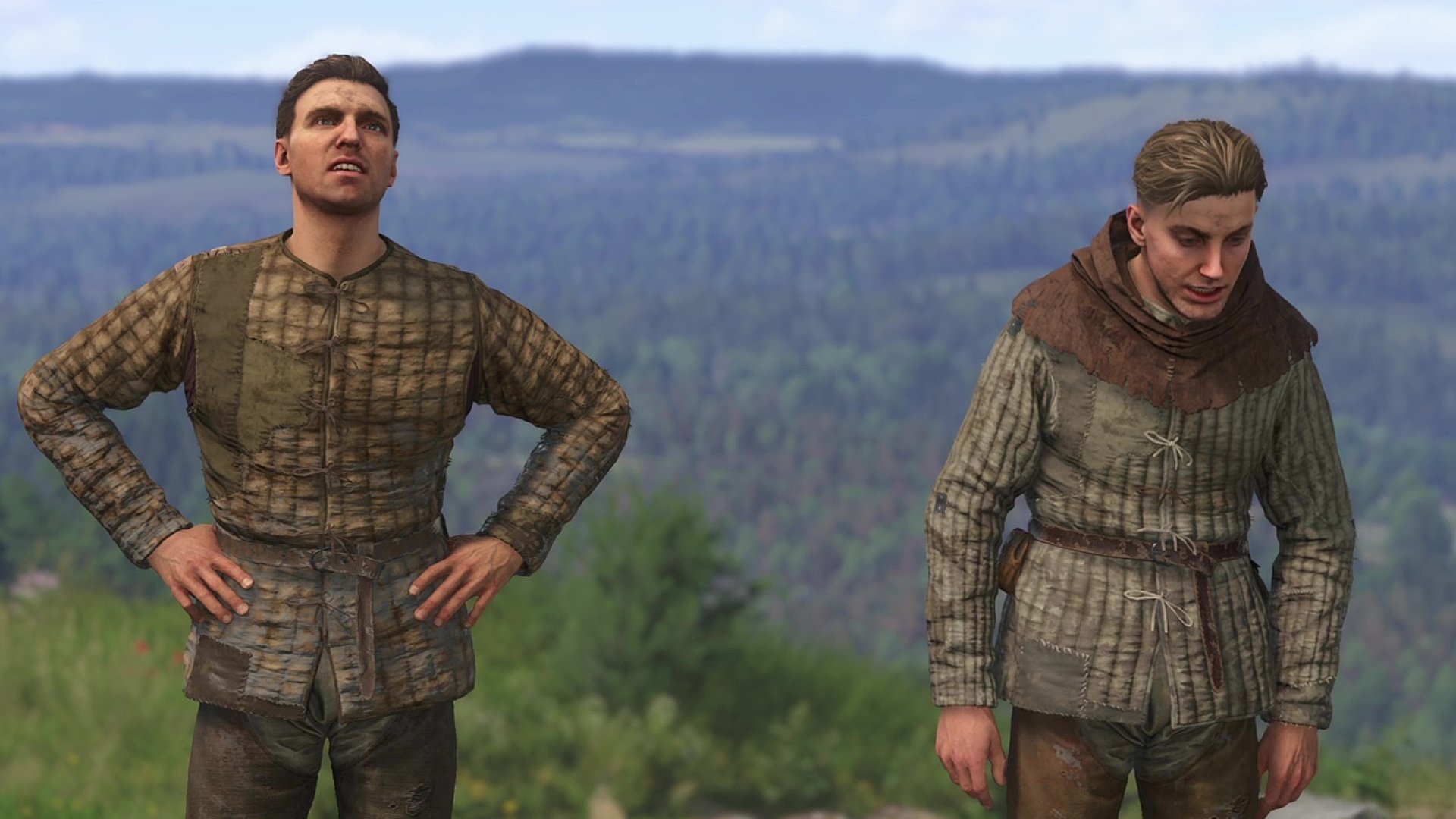
Kingdom Come: Deliverance 2 review: "Even if some friction can lead to frustration, its realization of medieval life remains utterly absorbing"
Right off the bat, Ondřej Bittner – senior game designer for Kingdom Come: Deliverance 2 – has a confession. "I'm not much of an Oblivion guy myself," he says, laughing. "I'm more of a Morrowind person."
But that era of RPGs has played a major role in Warhorse's approach to crafting an RPG – Morrowind was released just four years before Oblivion, which makes the ever-growing gap between Skyrim and The Elder Scrolls 6 sting all the more. "Most of our designers are in their mid 30s – like, 30s to 40s – so these games had a huge impact on us," says Bittner.
That's largely due to the slower pacing of older RPGs, in which the emphasis lay more on discovery and slow-burn adventure. Those attitudes – to me, at least – were exemplified by the fact that the process of finding a side quest was just as exciting and important as actually playing one.
"Instant gratification in games has become a problem where, to sustain dopamine for people, you have to constantly bombard [players] with stuff," says Bittner. "One day they wake up and go 'oh, this is all really obnoxious' and they shut it all down. So we kind of go back to the roots of RPGs where it's sort of like: well, you can do whatever you want, and maybe go and do the main story."
Sign up to the GamesRadar+ Newsletter
Weekly digests, tales from the communities you love, and more
Bittner describes the approach as "going back to the [genre's] roots with less hand-holding," but acknowledges that it can cause friction. "We don't really tell you what to do exactly, and sometimes this can clash with players from a younger generation," he explains. "They can be like 'I don't know where to go' – well, have you thought about where to go? If I tell you where to go, it's not really as fun, is it?"
Acrobatics
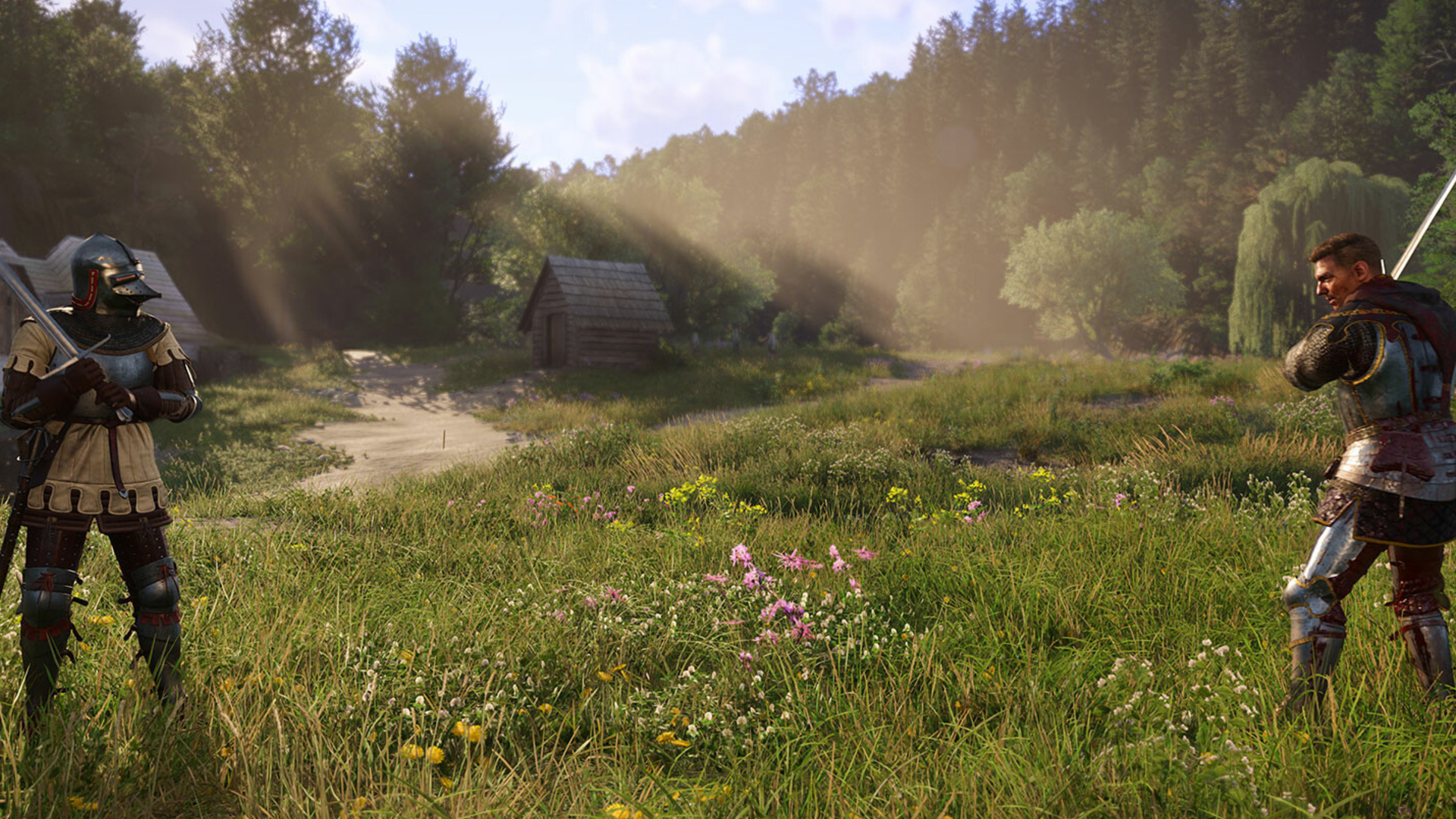
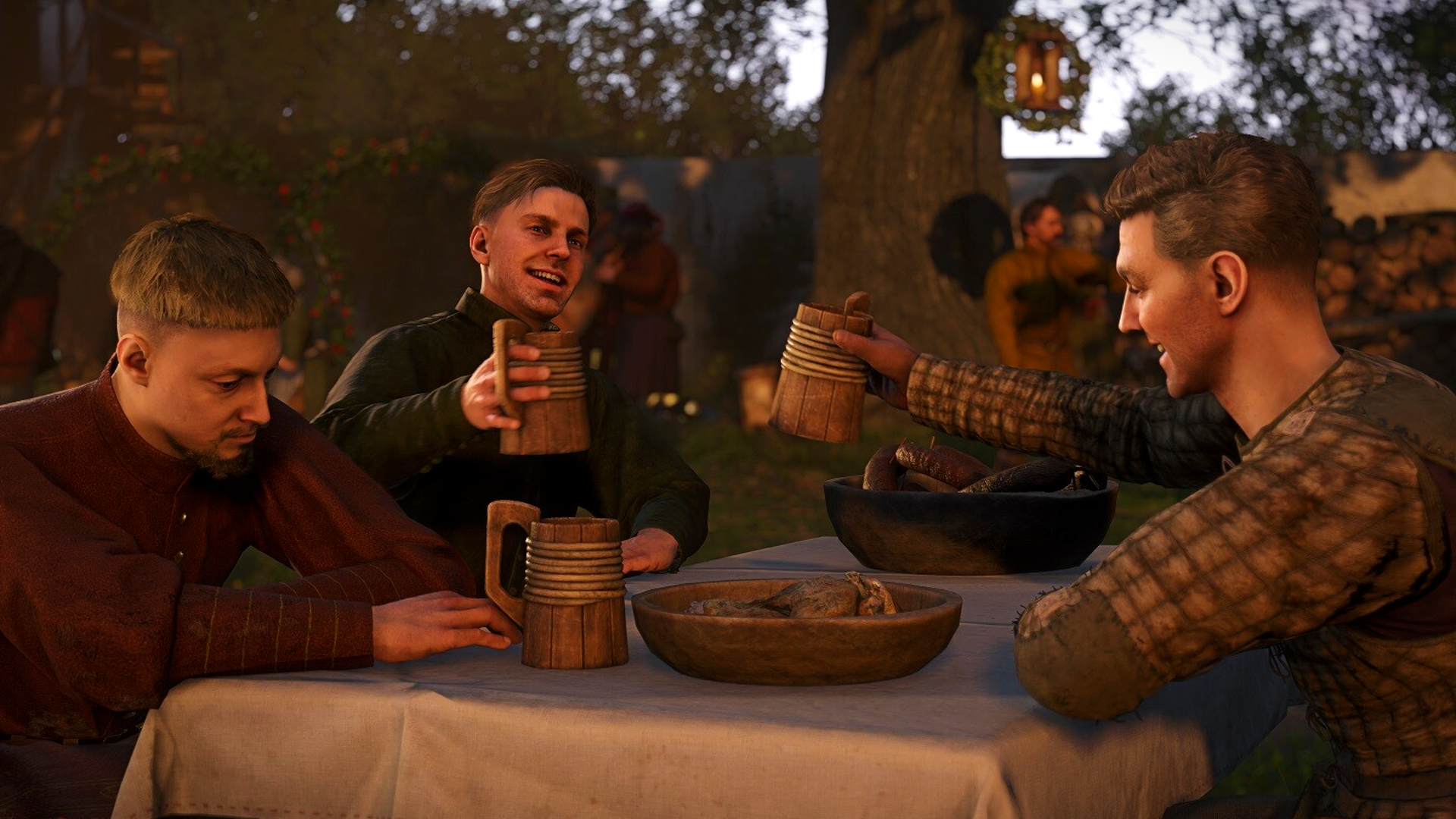
At times, this approach can be as much a burden for the team at Warhorse as it is a boon, as the studio doesn't want to alienate players by taking away some guidance systems they may be used to. Bittner says the first Kingdom Come: Deliverance – which features a notoriously difficult opening segment – was a "massive lecture" in finding the right balance. "We wanted to make mechanics [in Kingdom Come: Deliverance 2] more approachable so that they're hard, but not so hard that players don't even know what to do. So that learning curve should be a little bit smoother, especially in combat, so it's not detracting and you can actually start exploring – so you can enjoy doing it, and you're not immediately like 'oh, this is not for me'."
There's no better example of that compromise than the moment Kingdom Come: Deliverance 2 cuts players loose from its on-rails introduction. You're ditched in a strange land with no money, clothes, or weapons to your name, while survival mechanics like needing to eat, drink, and sleep make merely finding your feet in this world feel more important than the main quest. Mere feet away from your starting position, a local beggar can suggest ways for you to find essentials. Bittner says this character, designed as a "road sign for players who were like 'I don't know what to do'", was added to avoid losing potential fans too early. It's one of the more unforgiving introductions to an RPG, but that sort of in-world guidance makes Kingdom Come: Deliverance 2 feel far more approachable than its predecessor without losing its very deliberate challenge.
It's that carefully-cultivated feeling of being lost by design that makes Kingdom Come: Deliverance 2 sit closer to the likes of Oblivion than anything I've played in a long time – and subsequently, one of the best RPGs I've played in a long time. I would love to see more have confidence in their world and set players loose as freewheeling nobodies, whether that leads to accidentally getting roped into Cyrodiil's local Dark Brotherhood chapter (a story for another time) or seeing poor Henry arrested for the humble crime of sleeping uninvited in someone's attic. Not knowing how a world will react to you is a thrill unlike any other, and that goes double for a game as mechanically deep as Kingdom Come: Deliverance 2 – in which you can literally be too stinky to sneak.

Andy Brown is the Features Editor of Gamesradar+, and joined the site in June 2024. Before arriving here, Andy earned a degree in Journalism and wrote about games and music at NME, all while trying (and failing) to hide a crippling obsession with strategy games. When he’s not bossing soldiers around in Total War, Andy can usually be found cleaning up after his chaotic husky Teemo, lost in a massive RPG, or diving into the latest soulslike – and writing about it for your amusement.


